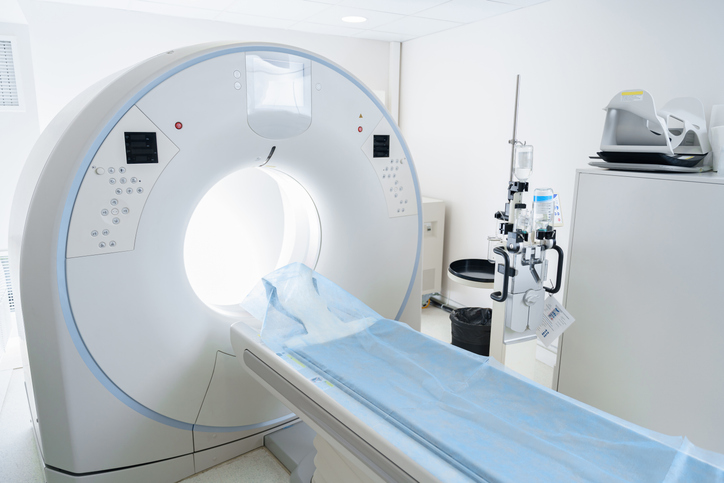
Prolonged androgen deprivation therapy (ADT) was found to impair cardiorespiratory fitness and increase risk of cardiovascular (CV) mortality in prostate cancer patients with CV risk factors, according to a study in JACC: CardioOncology.
ADT is a standard treatment for prostate cancer. This study, conducted by researchers from Brigham and Women’s Hospital and the Dana Farber Cancer Institute, set out to understand the association between ADT exposure and cardiorespiratory fitness (CRF), an independent predictor of CV mortality, in patients with prostate cancer.
The researchers retrospectively evaluated 616 prostate cancer patients who performed an exercise treadmill test for clinical indications a median 4.8 years post-diagnosis. CV risk was assessed based on patient demographics, exercise treadmill test indication, medical history, and medication usage. CRF was calculated from peak treadmill speed and grade achieved during the test.
Data on prostate cancer treatment regimens used before and after treadmill testing was included. For ADT-treated patients, investigators assessed duration of ADT exposure prior to the treadmill test. Around one-quarter of participants (n=150) had received ADT therapy, with 51 patients receiving long-term (>6 months) ADT exposure.
There were 504 patients (81.8%) who had two or more CV risk factors, like diabetes mellitus or hypertension. The investigators found that most patients with prolonged exposure to ADT (92.2%) had at least two CV risk factors.
Reduced CRF was higher among patients with ADT exposure compared to those who did not receive the treatment (48.7% vs 32.6%). Long-term ADT exposure was associated with a 2.7-fold increased impaired CRF.
Overall, ADT exposure was not independently associated with increased CV mortality (p = 0.115). Upon stratification by ADT duration, however, the researchers found an independent association between prolonged ADT exposure and CV mortality.
“This study highlights that patients with prostate cancer and high baseline CV risk are at increased risk of reduced CRF and CV mortality when exposed to prolonged ADT regimens,” said co-author John D. Groarke, MBBCh, MSc, MPH, in a press release. “While prolonged ADT certainly plays a role in the treatment of prostate cancer, these findings emphasize the need to consider CV surveillance/risk modification during and after ADT exposure.”
Study limitations include high baseline CV risk among the cohort, and the relatively small sample size.
Common prostate cancer treatment may impair cardiorespiratory fitness, raise risk of CV death https://t.co/XLxuzXAe31 via @instapaper
— James Igoe (@JamesJosephIgoe) November 17, 2020







 © 2025 Mashup Media, LLC, a Formedics Property. All Rights Reserved.
© 2025 Mashup Media, LLC, a Formedics Property. All Rights Reserved.